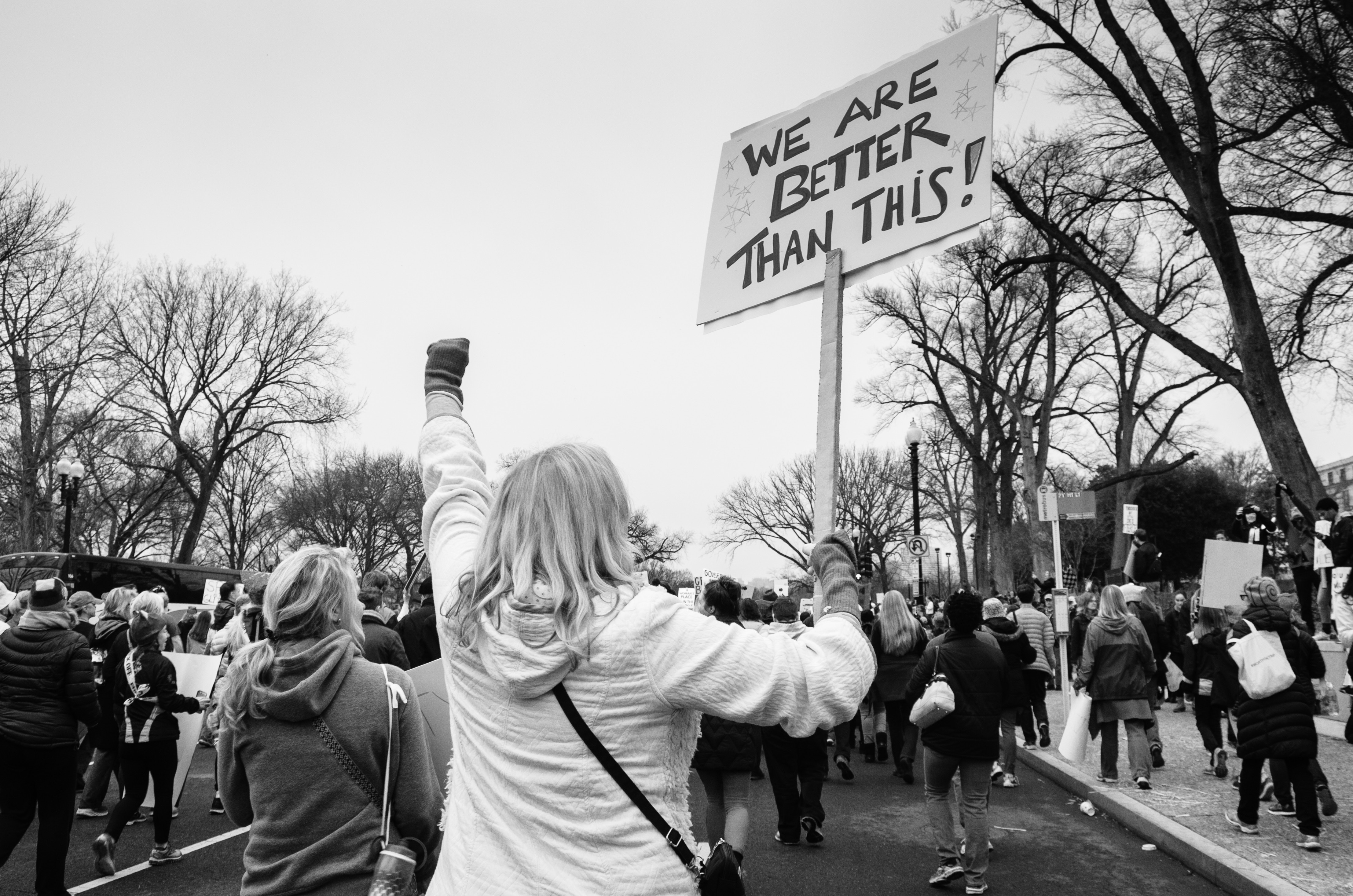As a lawyer and avid life long learner, one of the things that I love most is attending sessions where I get to learn new things. At a recent session on legal ethics, I listened to the presenter read a hypothetical scenario involving:
Ms. White, a government lawyer prosecuting Mr. Brown in the pursuit of justice;
Mr. Brown, an accused person charged with a regulatory offence; and
Mr. Black, an incompetent lawyer representing Mr. Brown.
My jaw dropped.
Does anyone see anything wrong with this scenario? In case you were like me and knew something was immediately wrong but couldn’t quite articulate it right away aside from saying: “that is totally racist!” Let me try to identify the problems with this after several days of reflection…
This is what the hypothetical scenario was portraying:
White = innocent, good, saviour
Brown = criminal, guilty
Black = incompetent, lazy
When I was in law school over 15 years ago, I remember that there was a push to ensure that hypothetical scenarios used to teach the curriculum were neither racist nor offensive nor reflective of white privilege. It is absolutely amazing to me that at this day in age, I could be sitting in a session, led by well-educated lawyers, listening to a hypothetical scenario that at the very worst is overtly racist and the very best reflected deeply entrenched white privilege.
I am sure you’re wondering: “So Kirsten, did you stand up? Did you say something?” I assure you that I did. When I raised the racism embedded within this scenario, I was met with varying reactions – understanding and apology, defensiveness and deflection, and extreme discomfort.
I was surprised that even one of the racialized lawyers who participated on the panel was defensive and said that she knows a lawyer named “Mr. Black.” I have a friend who’s gay but how does that make a difference?
In my work, part of my job is to educate people about racism, discrimination and oppression. I continue to work on developing the skill of pointing out racist or discriminatory assumptions that underlie common constructions of racialized groups in a kind way (and as my good friend, Kizhay, who does this work with me often says: “Kindness comes in many forms!”).
But when I find myself in a situation where someone is saying something offensive, even if unintentionally, and I’m about to address it…every single time, without exception, just before I talk, I have a feeling of stress that bubbles up inside me before I speak.
The experience at the conference, like many of these experiences, was stressful and tiring. Figuring out when and how to address the issues (i.e. Should I say something in front of others? Should I just raise it in private? How should I say it?) in a tactful manner requires a lot of mental energy. Then actually raising it requires even more…
It’s easier to step aside, to let it slide and assume that it might just be a blip, an exception, and it won’t happen again. But if too many of us choose to step aside, fail to harness our courage and speak out honestly and with integrity against injustice, discrimination, and oppression, it will keep happening.
After that exhausting day at the conference, I had the pleasure of getting a ride home with Mandy, a strong, Indigenous lawyer colleague of mine. She said: “I have been meaning to ask you, Kirsten… why do you do this? You are so committed, you work so hard and you fight for Indigenous people every day. I know why I do this… but why do you do this?”
As tears welled up in my eyes, I said: “It’s because my mother and her family, as Japanese-Canadians, were interned during World War II; everything was taken, they were rounded up by police and taken to internment camps, my grandfather was sent to work camps away from my grandma and her children, including my Mom.” And as my voice shook with sadness, I continued: “And no one stood up.”
Right now, there is a lot of talk about hate, racism, oppression, and violence in the world. I know from experience that it takes courage, energy, effort and commitment to stand up.
It’s not something that comes easy to everyone but there are many ways to take a stand with integrity against hatred, racism and oppression. People can do this by reposting things on social media, others may choose to protest, and yet others will be the people who raise their voices and put their bodies on the line to fight oppression. I am a word warrior. So even with all of the energy and effort that it takes, I will continue to stand with integrity, muster the courage to stand up and speak out for what is right.
Will you?


